STAR program can handle more computer work
Emily Nickles, Editor-in-Chief
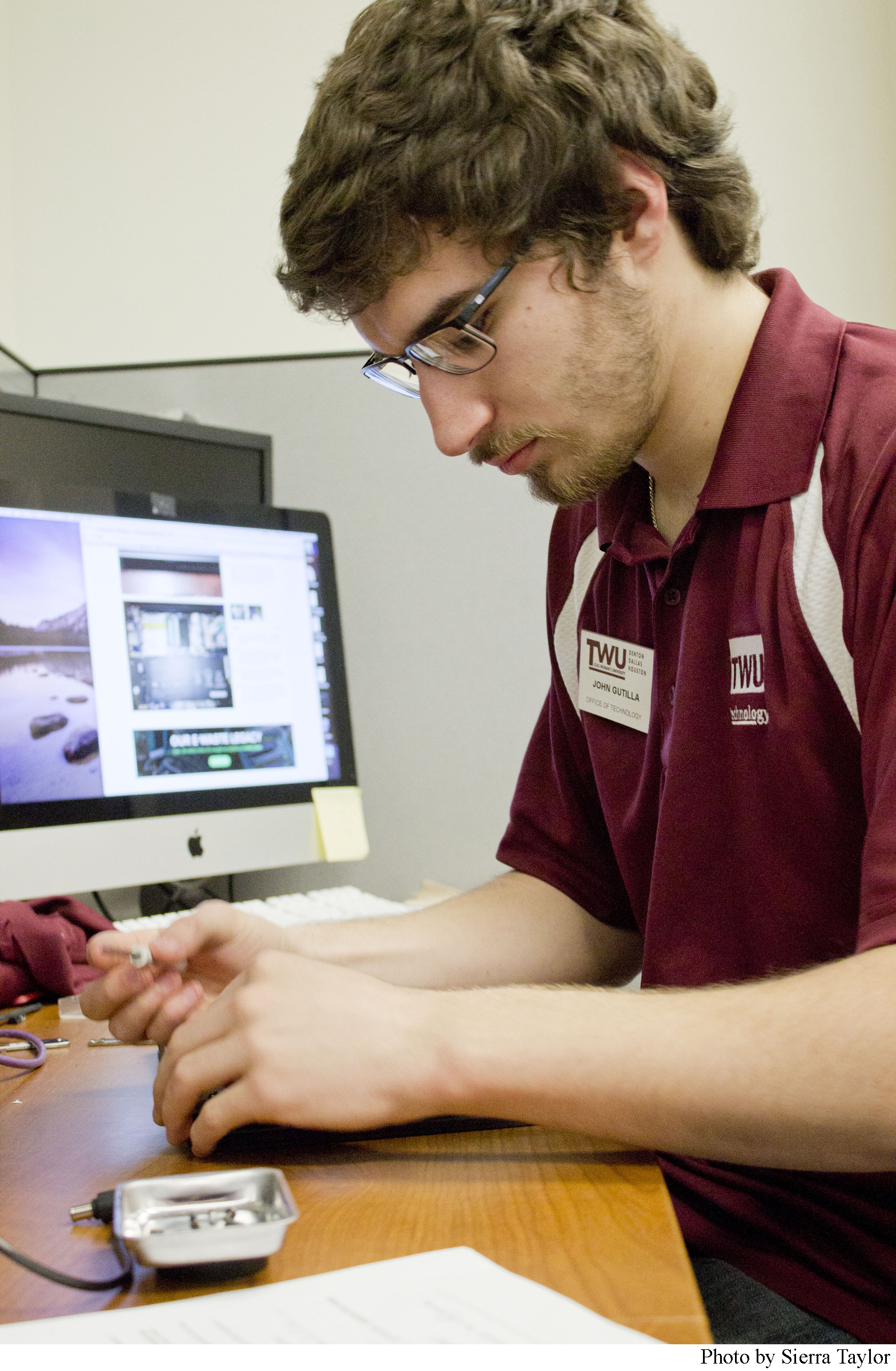 Enter MCL Room 221. Immediately apparent is the size and outdatedness of the space. White brick walls, tacky industrial flooring and ceiling-to-floor dividers house the STAR program, a technology based service for students, whose space seems as glitchy as the issues they deal with. Tucked even further back, in an office with no windows, is where Coordinator of Lab Technicians, head of the program, Trevor Hartman sits down for an interview.
Enter MCL Room 221. Immediately apparent is the size and outdatedness of the space. White brick walls, tacky industrial flooring and ceiling-to-floor dividers house the STAR program, a technology based service for students, whose space seems as glitchy as the issues they deal with. Tucked even further back, in an office with no windows, is where Coordinator of Lab Technicians, head of the program, Trevor Hartman sits down for an interview.
Millennials are supposed to know their technology. Computer crashes, malfunctioning WiFi, virus threats, cracked screens and slow processing speed are issues that students encounter. It can be overwhelming, not to mention expensive. And let’s face it—students don’t know everything.
STAR is a campus resource that can help resolve computer issues at absolutely no cost. Hartman clarified its purpose: “Essentially what it is, is student technicians that perform repairs, both software and hardware, on other students’ computers.”
This program is unique because it is available to students only, staff and faculty would be referred to the technology service desk. Hartman explained: “Primarily, what we deal with is virus removal, speeding up computers a little bit by performing necessary updates, in most cases Windows. It’s probably only 10 percent hardware issues that we deal with, but we’re equipped to deal with that as well.”
According to Hartman, STAR is not performing to its full capacity. Hartman approximated that out of the 11,000 students on the Denton campus only about 300 students have utilized the program in the past year. They have been trying to increase awareness through their hub, the Office of Technology with the help of Business Systems Analyst Heather Davis.
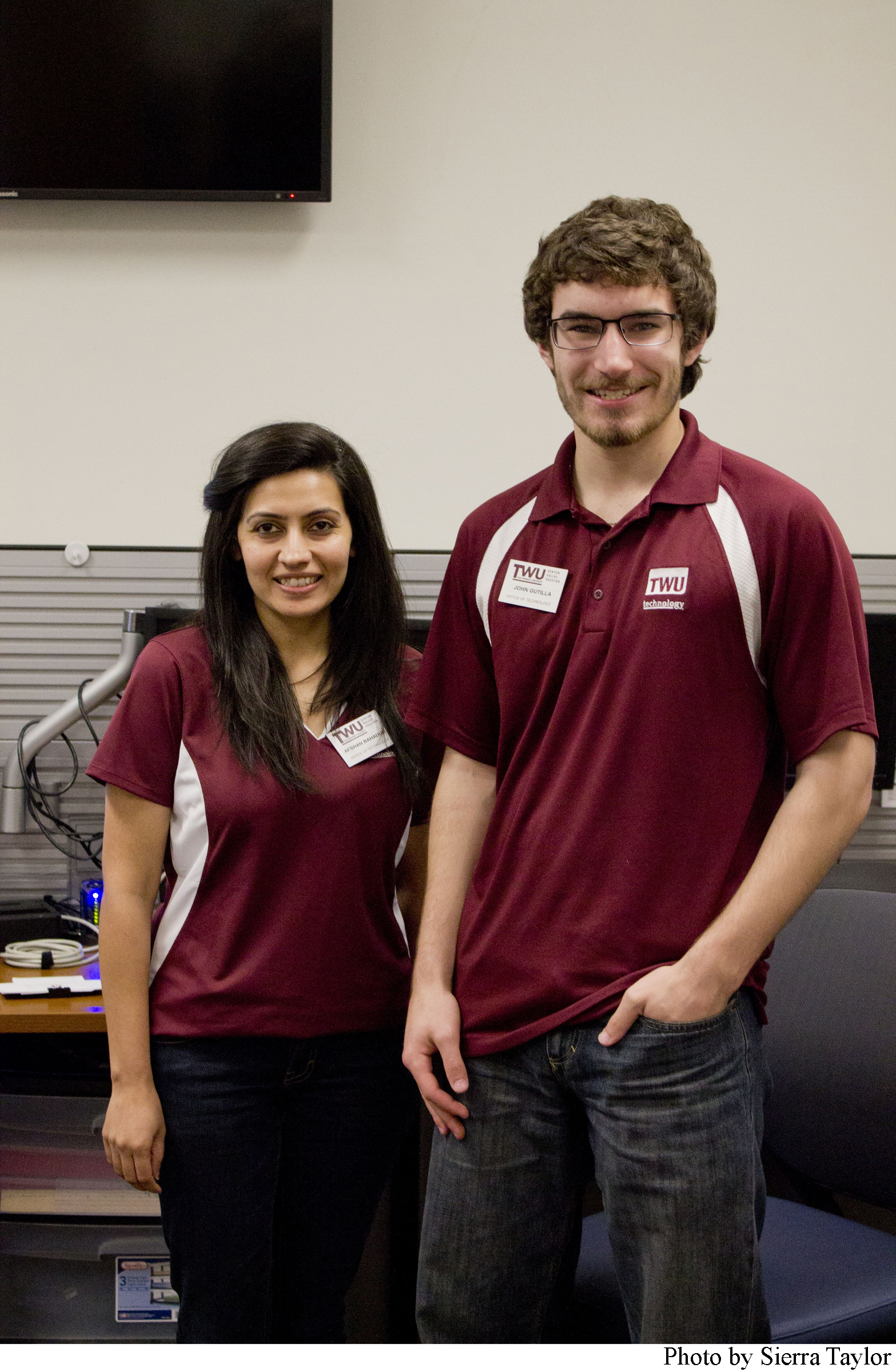 Even though STAR encounters issues mostly with software, such as updates, which could potentially be performed over the phone or at home, they also work with hardware problems. Hartman described how this works: “As far as hardware, it is usually failing hard drives, we have a lot of students that have secondhand computers that they’ve gotten from older siblings or perhaps passed on from parents. For example, we dealt with a laptop yesterday that was about 10 years old, which is usually on the upper end for any laptops that are brought in here.”
Even though STAR encounters issues mostly with software, such as updates, which could potentially be performed over the phone or at home, they also work with hardware problems. Hartman described how this works: “As far as hardware, it is usually failing hard drives, we have a lot of students that have secondhand computers that they’ve gotten from older siblings or perhaps passed on from parents. For example, we dealt with a laptop yesterday that was about 10 years old, which is usually on the upper end for any laptops that are brought in here.”
In addition to upgrades and virus removal, the STAR program will also work with students on part replacements. Whereas it would cost at least $150 for a virus removal and spyware installment at a retail facility, STAR is completely free. If a part is damaged or broken on a student’s computer, the technicians will research the part and direct students where they can purchase the part at a discounted price. When the part is shipped to them, they can bring their computer back in to have the new one installed.
With three student employees, who each work twenty hours per week, Hartman believes they could handle a much larger influx of computer needs than they currently do and the potential for growth in the program is enormous. The problem centers on awareness and with lab technician positions available every semester students might find it an interesting resource to look into.
For questions or to walk-in with an issue visit the Multipurpose Classroom and Laboratory Building, email star@twu.edu, or dial (940)-898-4040.



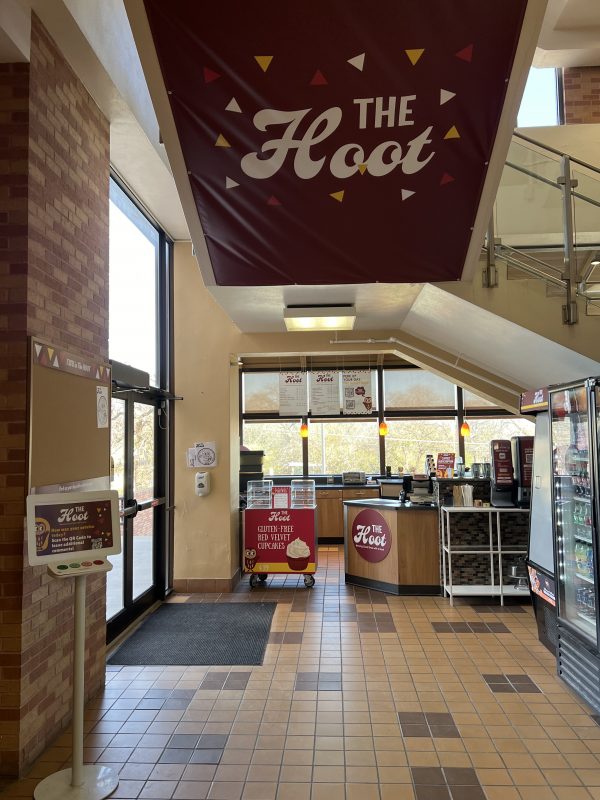
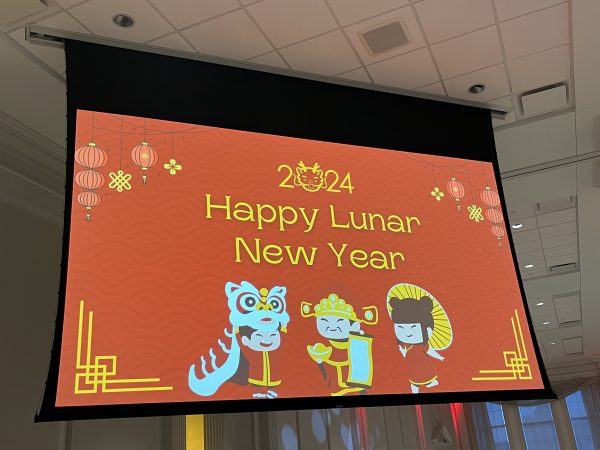
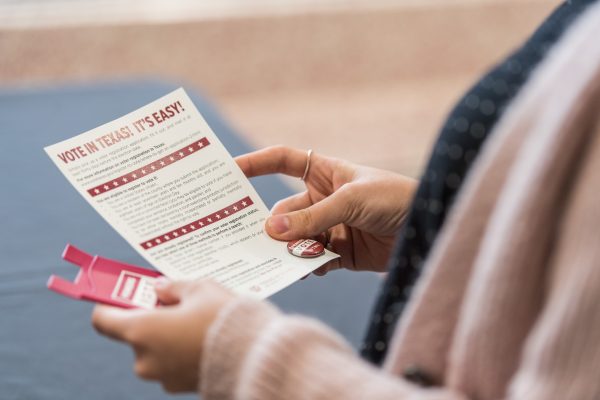

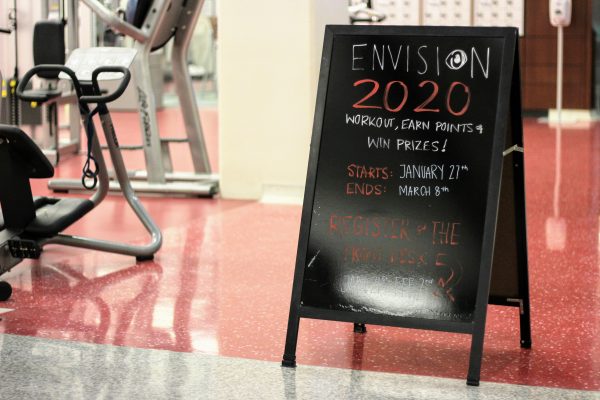

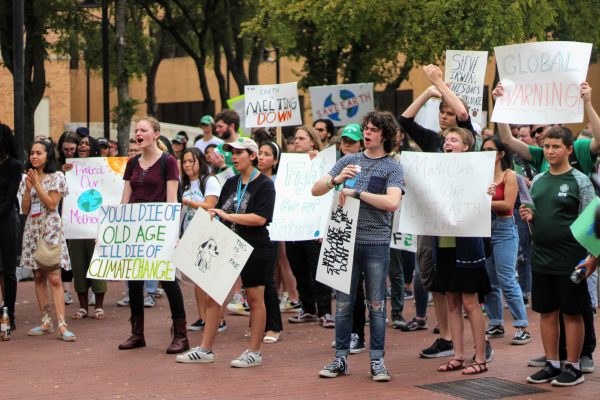
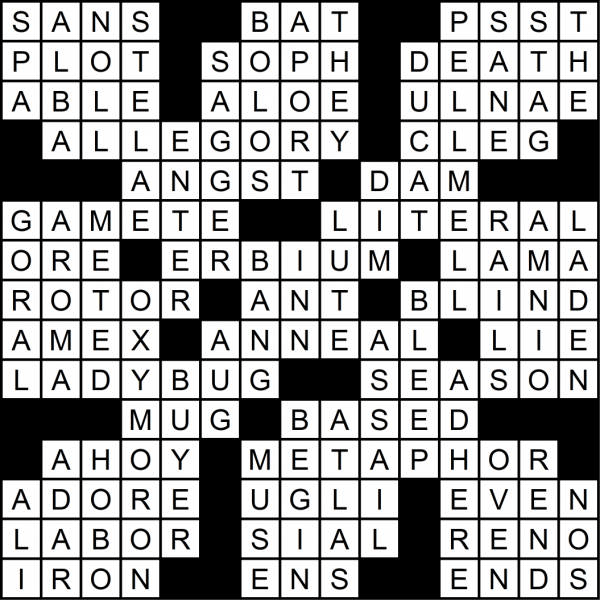
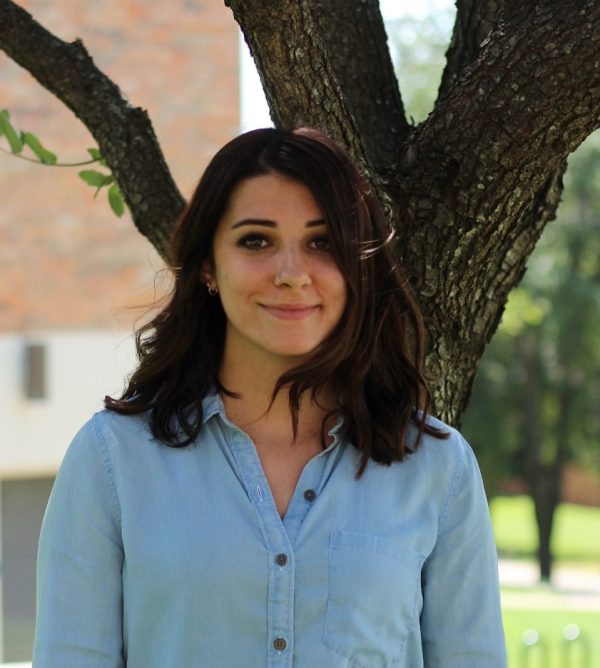
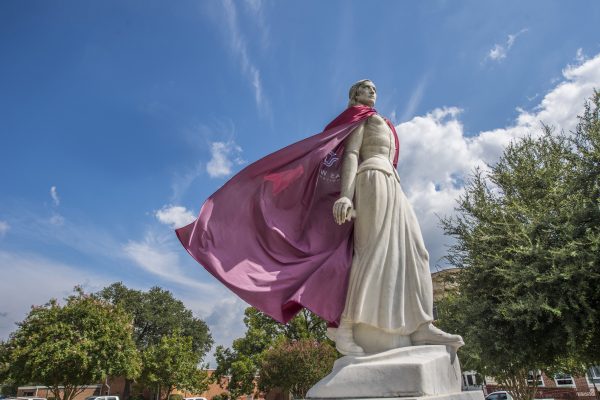
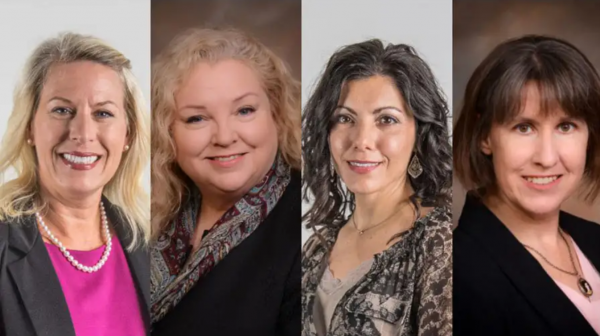
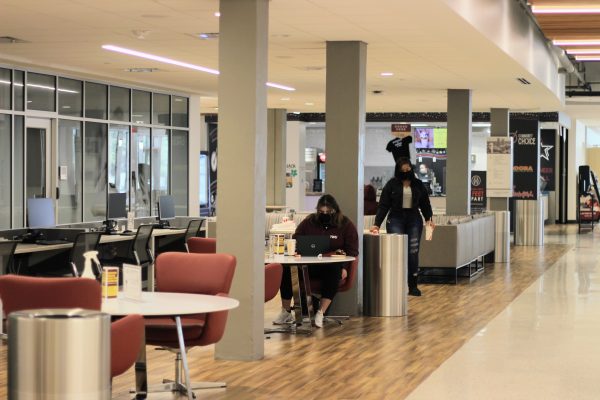
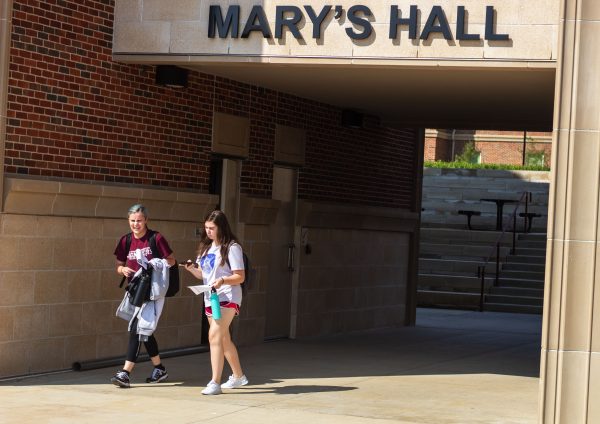
Be First to Comment